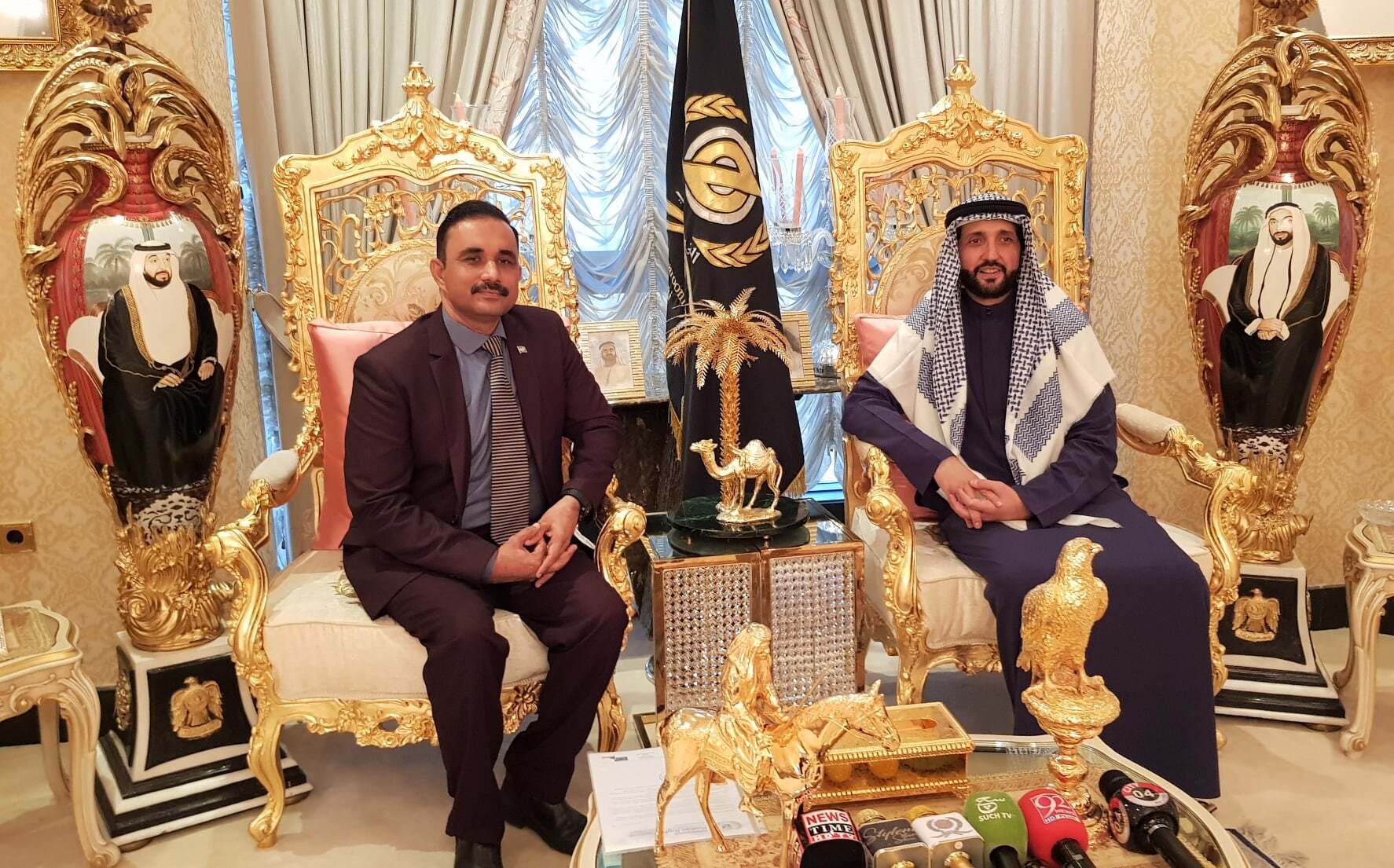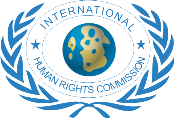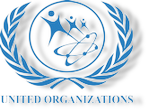Mehmet Sukru Guzel
Press note > Secretary General
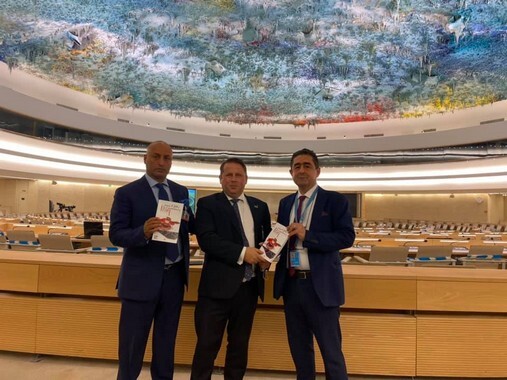 Secretary General of International Human Rights Commission Professor Rafal Marcin Wasik and Ambassador at Large in Switzerland Khalid Chagna had a meeting with Prof Dr. h.c Mehmet Sukru Guzel on the latest developments in the Middle East. Professor Rafal Marcin Wasik and Prof Dr. h.c Mehmet Sukru Guzel especially focused on the chances to create sustainable peace by preventive measures subject to the United Nations Peace Making Procedure and Peace Building Architecture. Prof. dr. h.c Mehmet Şukru Guzel presented his last book namely "Article 140 of the Constitution of Iraq" based on his first nomination to the Nobel Peace Prize. His book aimed to prove that the Minority Protection Regime of Iraq is still in force and his book will be the first of its kind by preventing a future potential legitimized new civil war in Iraq which originates and is premised on Article 140 of the Constitution of Iraq is further legitimized by the choice and breadth of the language used to describe it as disputed internal territories by the United Nations Security Council resolutions and the Secretary-General`s reports to the United Nations Security Council on Iraq.
Secretary General of International Human Rights Commission Professor Rafal Marcin Wasik and Ambassador at Large in Switzerland Khalid Chagna had a meeting with Prof Dr. h.c Mehmet Sukru Guzel on the latest developments in the Middle East. Professor Rafal Marcin Wasik and Prof Dr. h.c Mehmet Sukru Guzel especially focused on the chances to create sustainable peace by preventive measures subject to the United Nations Peace Making Procedure and Peace Building Architecture. Prof. dr. h.c Mehmet Şukru Guzel presented his last book namely "Article 140 of the Constitution of Iraq" based on his first nomination to the Nobel Peace Prize. His book aimed to prove that the Minority Protection Regime of Iraq is still in force and his book will be the first of its kind by preventing a future potential legitimized new civil war in Iraq which originates and is premised on Article 140 of the Constitution of Iraq is further legitimized by the choice and breadth of the language used to describe it as disputed internal territories by the United Nations Security Council resolutions and the Secretary-General`s reports to the United Nations Security Council on Iraq.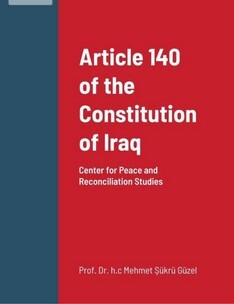 Prof. dr. h.c Mehmet Şukru Guzel expressed Professor Rafal Marcin Wasik that Iraq is one of the founders of the United Nations. Iraq was formed by its Declaration of Independence and recognized as a sovereign state by the League of Nations in 1932. Independence of Iraq was a process of decolonization. Iraq was a colony of the United Kingdom under Article 22 of the Covenant of the League of Nations equivalent to the Chapter XII, International Trusteeship System of the United Nations Charter. When the independence of Iraq was the result of decolonization at the time, the rights acquired by the minorities are the fundamental laws of Iraq and no law, regulation or official action could conflict or interfere with these stipulations, nor any law, regulation or official action now or in the future could prevail over them as written in the Declaration of Independence. The existence and the validity of the Minority Protection Regime of Iraq had nothing to do whether the United Nations decided to take the place of the League of Nations` Minority Protection Regime or not. The United Nations Security Council has the main responsibility to prevent the future potential new civil war that was legitimized by its own resolutions in Iraq. This responsibility creates an obligation to the United Nations Security Council to ask from the International Court of Justice a binding decision on the validity of the Minority Protection Regime of Iraq to prevent a new civil war. At the same time, under the responsibility Secretary-General of the United Nations, arising from Article 99 of the United Nations Charter on preventive measures.
Prof. dr. h.c Mehmet Şukru Guzel expressed Professor Rafal Marcin Wasik that Iraq is one of the founders of the United Nations. Iraq was formed by its Declaration of Independence and recognized as a sovereign state by the League of Nations in 1932. Independence of Iraq was a process of decolonization. Iraq was a colony of the United Kingdom under Article 22 of the Covenant of the League of Nations equivalent to the Chapter XII, International Trusteeship System of the United Nations Charter. When the independence of Iraq was the result of decolonization at the time, the rights acquired by the minorities are the fundamental laws of Iraq and no law, regulation or official action could conflict or interfere with these stipulations, nor any law, regulation or official action now or in the future could prevail over them as written in the Declaration of Independence. The existence and the validity of the Minority Protection Regime of Iraq had nothing to do whether the United Nations decided to take the place of the League of Nations` Minority Protection Regime or not. The United Nations Security Council has the main responsibility to prevent the future potential new civil war that was legitimized by its own resolutions in Iraq. This responsibility creates an obligation to the United Nations Security Council to ask from the International Court of Justice a binding decision on the validity of the Minority Protection Regime of Iraq to prevent a new civil war. At the same time, under the responsibility Secretary-General of the United Nations, arising from Article 99 of the United Nations Charter on preventive measures.